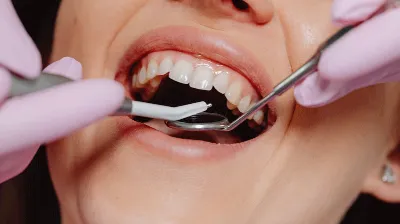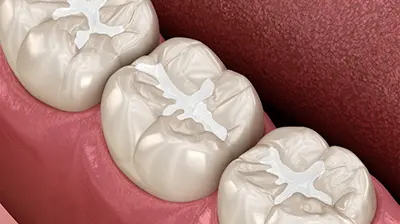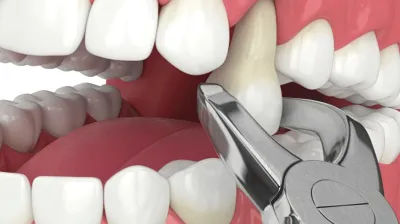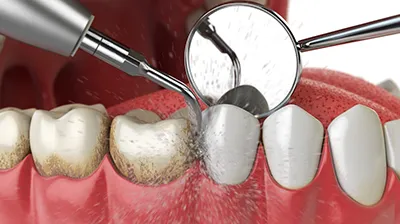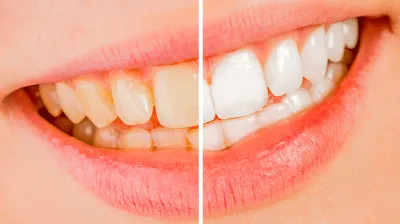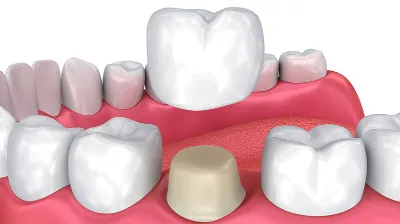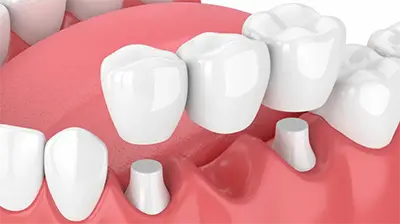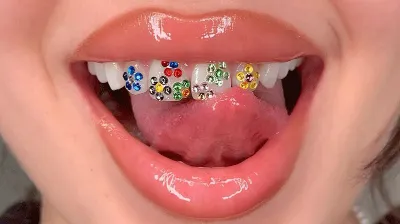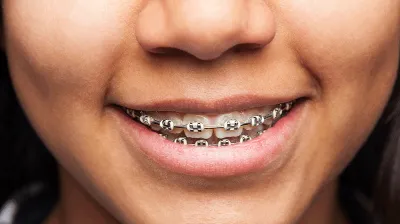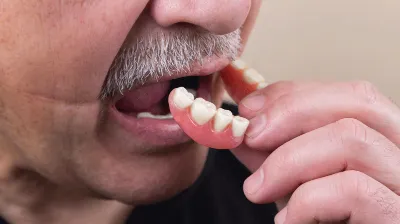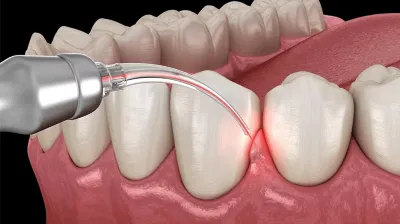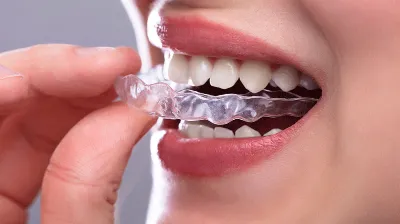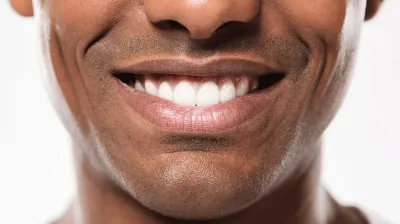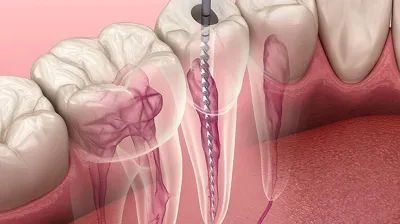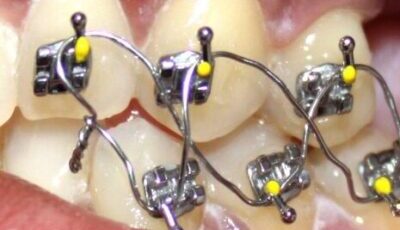Dental Veneers: Procedure, Process, Benefits & Cost
Every Smile Dentistry provides professional Cosmetic Dental Care to make your smile look its best. We want you to be happy with your smile, so we are dedicated to making sure that your dental results are natural-looking, life-changing and long-lasting.
Patient-Centered Care
Tailored, comfortable dental services for every individual smile.
All Medical Aids Welcome
Quality dental care made accessible by accepting all medical aids.
Transparent Pricing
Exceptional care at honest prices, ensuring value for every patient.
Providing Quality Dental Care With Experienced Doctors
Get a dental health checkup with a dentist that has your best interest in mind and offers fair rates.
1. Book An Appointment
Visit our website and book an appointment with one of our experienced dentists.
2. Come In For A Consultation
Our team will sit down with you and discuss your dental needs and goals.
3. Get The Perfect Smile
We’ll work with you to develop a treatment plan that will get you the perfect smile.
What Are Dental Veneers?
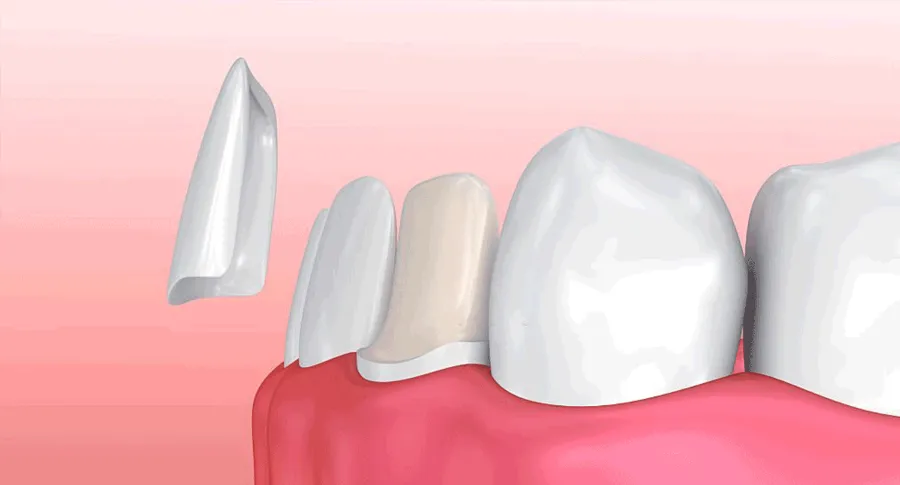
Dental Veneers are thin, tooth-coloured shells that are bonded to the front surface of the teeth in order to improve the appearance of teeth.
They are permanently attached to your teeth and frequently constructed from porcelain or resin composite materials.
A variety of cosmetic issues, such as chipped, cracked, discoloured, or smaller-than-average teeth, can be treated with veneers.
When a tooth is cracked or chipped, some people may only need one veneer, but many people need six to eight veneers to get a uniform, symmetrical smile.
The top eight front teeth receive veneers the most frequently.
Why Do You Need Dental Veneers?
If you’re looking to get a brighter, whiter smile, dental veneers may be the right option for you.
Dental veneers are thin shells of porcelain or ceramic that are bonded to the front surfaces of your teeth. They can be used to cover stained or discoloured teeth, reshape tooth contours, close gaps between teeth, and more.
Dental veneers can also be used as part of a smile makeover procedure that includes whitening and bonding.
Veneers Explained
Dental veneers need extensive prep work and are often composed of porcelain or composite resin. However, “no-prep” veneers are also available and use a different application method.
When placing traditional dental veneers, the tooth structure must normally be ground down, occasionally even past the enamel. This enables accurate installation but is also a painful, irreversible procedure that frequently necessitates a topical anaesthetic.
The number of teeth implicated and your dental issues will determine how many teeth need to be reduced. A dentist may request a wax model when numerous teeth are involved to demonstrate how veneers will appear.
While no-prep veneers may need some tooth modification or preparation, these modifications are minor.
The Three Types Of Veneers
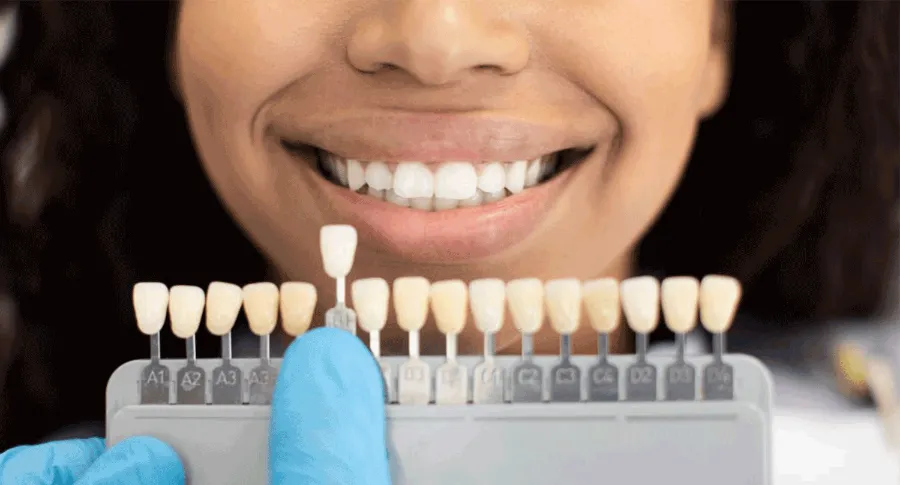
When it comes to veneers, there are a number of different types to choose from.
Porcelain Veneers
Porcelain veneers are the most common type of veneer. They’re made from a fine-grained, translucent material that’s fired at high temperatures to create a hard, durable surface. Porcelain veneers are often used to hide imperfections like stained or crooked teeth, or spaces between teeth.
Composite Veneers
Composite veneers are made from a mixture of plastic resin and glass fibres. They’re used when you want the appearance of porcelain but don’t want to spend the money on getting it done by an expert. Composite veneers are also less likely to chip or break than porcelain veneers because they aren’t as brittle.
No-Prep Veneers
If you have sensitive teeth or have had problems with tooth sensitivity in the past, no-prep veneers might be a good option for you. Because no prep veneers don’t require any drilling into your natural enamel layer before installation, they may be less painful than other types of dental work.
Benefits Of Dental Veneers
The main benefit of veneers is that they make your teeth look better, making your smile brighter and more even. These cosmetic issues are frequently treated with dental veneers:
- cracked or fractured teeth
- Uneven coloring or severe discolouration that cannot be corrected by whitening
- smaller-than-average teeth that are pointed or have a unique shape
Depending on the type of veneer you select, they can endure for more than ten years, making them a semi-permanent investment that can boost your confidence in your smile.
Dental Veneers Process
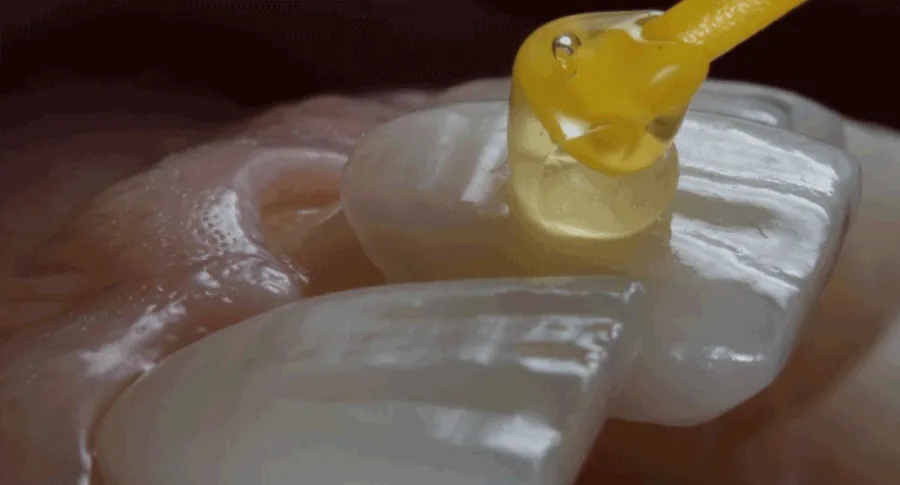
Dental veneers are one of the best solutions to a variety of cosmetic dental issues. They can be used to repair chipped teeth, cover discoloured teeth, and even change the shape of your smile.
But if you’re interested in getting dental veneers, you may be wondering what the process is like. In this guide, we’ll walk you through all the steps involved in getting dental veneers at a dentist’s office.
1) The first step is an examination by your dentist or hygienist. This is where they’ll examine your teeth and check for any damage or decay that might need to be fixed before putting on veneers. If there isn’t any damage, then it’s time to move on to step two!
2) Next up: taking impressions! Your dentist will put some special material onto your teeth and then press them into an impression tray which will get sent off to a lab for processing (usually within 24 hours). This is also when they’ll take photographs of your smile so they can compare it with how it looks once they are done with step three!
3) After taking impressions, it’s time for fitting the veneers into your teeth. You might feel a slight pressure as the fitting is being done
4) Finally, the dentist will file down any sharp edges on the teeth so that they are comfortable to bite into foods like apples and carrots without cutting your gums.
How To Prepare For Veneers
You will schedule a consultation appointment with your dentist before to getting your veneers so that you may decide which options are best for you and how many veneers you wish to have applied.
You might need braces in some situations if your teeth are misaligned or uneven before your dentist can apply veneers.
At this point, your dentist will frequently take X-rays to assess the condition of your teeth.
They’ll search for indications of tooth decay, gum disease, or the requirement for root canal therapy. You might not be a candidate for veneers if you have any of these conditions.
At your subsequent appointment, your dentist will remove the enamel from around half of a millimetre of your tooth in order to accurately size your teeth for veneers.
Veneers: Before And After
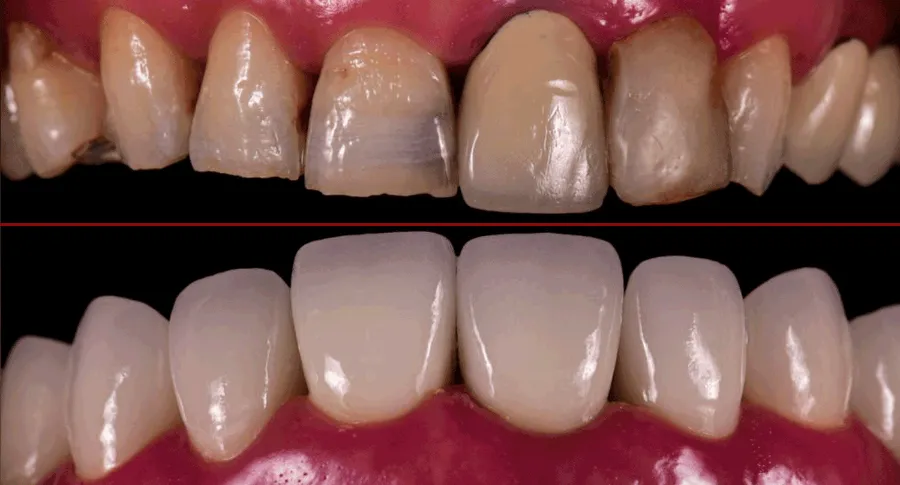
With a dental veneer, you may go from having a tooth that is chipped, broken, deformed, or stained to one that is evenly shaped and naturally coloured. You might be shocked by how much of a difference this can make.
See what to expect by looking at these before and after pictures.
Veneers: Aftercare

The healing process doesn’t require much time, in contrast to other dental operations. Instead, after the veneers are bonded in place and any numbing agents wear off, you can resume normal chewing and eating. Avoid biting on your cheeks or tongue while the anaesthesia is wearing off.
In certain situations, you could notice that the veneers feel a touch harsh right away after they’ve been put. After several days of regular eating and brushing, these rough patches (often caused by extra cement that can attach to the veneer) start to fade. In the event that they don’t, your dentist can smudge them.
The normal lifespan of conventional porcelain veneers is at least ten years.
No-prep veneers endure between five and seven years. You can ensure that you get the most lifespan out of them by taking a few measures.
These safety measures include:
- Avoid chewing on things that are hard, such as ice, pencils, or your fingernails.
- Never open packages with your teeth.
- Avoid using your front teeth while chewing. Eat tougher meals only with your back teeth; chop tough items into smaller pieces to make this practicable.
- Get a splint or retainer if you clench or grind your teeth at night to safeguard your veneers.
- You ought to use a mouth guard if you play sports.
- Get a mouth guard or retainer if you grind or clench your teeth.
Cost Of Dental Veneers
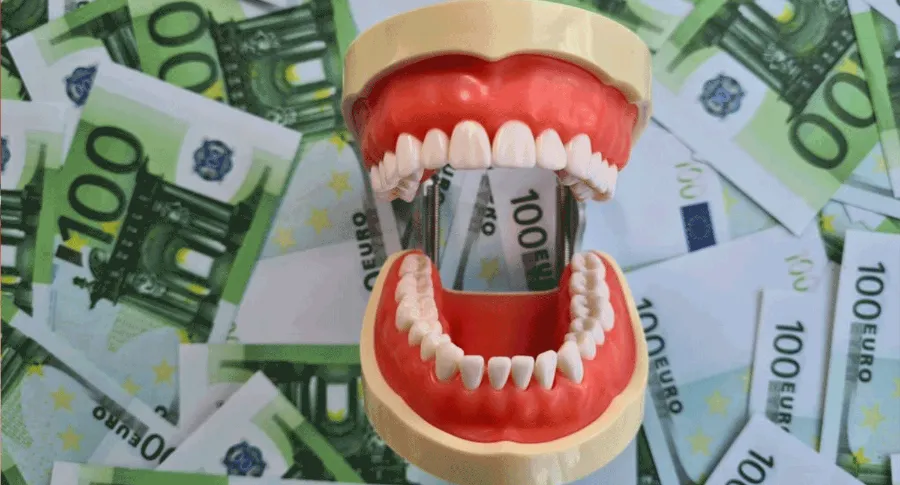
The cost of dental veneers in South Africa is estimated to be between R3,000 to R7,000 per tooth.
The price depends on the extent of work needed, as well as the materials used.
The cost of dental veneers will also vary depending on where you live in South Africa. For example, if you live in Johannesburg or Cape Town, it may cost more because there are more dentists available who can perform this kind of procedure.
Traditional veneers are frequently the most economical choice in the long run.
Your choice of veneer type, the brand name your dentist offers, the cost of living in your area, and the dentist’s level of experience will all affect how much your veneers will cost.
If you attend a clinic where dental students are being treated by dentists on the dental school faculty, the cost may be considerably lower.
Every Smile Dentistry Treatments
Every Smile Dentistry is a professional dental practice that includes General, Cosmetic, Aesthetic, and Emergency for you and your family with a team of experienced dentists and friendly prices.
Frequently Asked Questions
You can always submit a contact request if you have more questions or email info@everysmile.co.za
How long do veneers last on teeth?
Veneers are a type of dental restoration that are used to improve the appearance of teeth. They are made of porcelain or composite material and are used to cover the front surface of the tooth.
Veneers are a popular treatment option because they can be used to correct a variety of aesthetic issues, such as chips, cracks, discoloration, and gaps between the teeth.
On average, veneers can last for 10 to 15 years with proper care. However, the lifespan of veneers can vary depending on a number of factors, such as the quality of the veneers, the patient’s oral hygiene habits, and the amount of wear and tear the veneers are subjected to.
To help ensure that your veneers last as long as possible, it’s important to take good care of your teeth and gums. This includes brushing twice daily, flossing daily, and visiting the dentist regularly for cleanings and check-ups. It’s also important to avoid biting or chewing hard objects, such as ice or hard candy, which can damage the veneers.
Overall, veneers can be a good option for improving the appearance of your teeth and can provide long-lasting results with proper care. If you’re considering veneers, it’s a good idea to discuss your options with a dentist to determine if they are the right treatment option for you.
Are tooth veneers a good idea?
Veneers can be a good treatment option for certain individuals who want to improve the appearance of their teeth. Veneers are thin shells that are made of porcelain or composite material and are attached to the front surface of the tooth. They can be used to correct a variety of aesthetic issues, such as chips, cracks, discoloration, and gaps between the teeth.
There are several potential benefits to getting veneers, including:
Improved appearance: Veneers can give you a brighter, more attractive smile by hiding imperfections in your teeth.
Durability: Veneers can be very durable and last for many years with proper care.
Low maintenance: Veneers are easy to care for and require the same basic oral hygiene routine as natural teeth.
However, veneers are not for everyone and may not be the best treatment option in every case. They are generally more expensive than other cosmetic treatments, such as teeth whitening or bonding, and are not reversible. Additionally, veneers require some preparation of the tooth surface, which involves removing a small amount of enamel. This can make the tooth more sensitive to temperature changes and may not be suitable for people with thin tooth enamel or other dental health issues.
It’s important to discuss all of your treatment options with a dentist to determine what is best for you. They can help you weigh the pros and cons of veneers and recommend the most appropriate course of treatment based on your specific needs and goals.
What are the do’s and don'ts of dental veneers?
- Do visit the dentist frequently. Plaque and tartar can build up on or around a veneer, just like they can on natural enamel. Only the front surface of a tooth or set of teeth are attached by these material sheaths. The sides and rear of the tooth are now exposed.
- For veneers to last a long time, brushing and flossing are essential. Professional maintenance is also advantageous since we can carefully inspect the margins where veneers meet enamel to make sure no buildup has started. Tartar, which can be challenging to eliminate, develops when plaque is not removed. In order to accomplish this while maintaining the strength of the link between the veneers and the native tooth, we use particular equipment.
- Do sample a range of cuisines. There can be a desire to defend.veneers by altering your dietary practices. This is not required. You can continue to enjoy your morning cup of tea or coffee and even experience the pleasure of a beautiful glass of red wine because porcelain is stain-resistant. Your veneered teeth can endure biting even rich foods because to the integrity that is created during the bonding procedure. The sole piece of advice for eating is to refrain from chewing off pieces of candy with your teeth. The veneer may be damaged by this motion, making it more brittle.
- Avoid chewing on hard things. Your fingernails are not fine; food is. Chronic biting on pen caps, ice, and other non-food items puts too much pressure on veneers. In all honesty, neither can your natural teeth tolerate this.
Do veneers eventually fall off?
However, generally speaking, veneers last for more than 10 years. The adhesive bonding between the veneers and the teeth weakens with time, causing the veneers to become loose and fall off as time goes on.
WHAT PEOPLE ARE SAYING ABOUT US
Don't just take our word for it.
EXCELLENTTrustindex verifies that the original source of the review is Google. I visited Every Smile Dentistry for the first time today and I am pleased with the service I received. The receptions was very warm and welcoming. I was attended to by Dr A Somtunzi who was also so friendly and welcoming. I had my teeth cleaned and a filling done. She gave a detailed explanation of what needed to be done. She was so gentle and I felt no discomfort at all. I’m happy with the work she did. Outside the excellent service, I think the thoughtful gesture of having ladies essentials in the rest room for everyone to use won my heartPosted onTrustindex verifies that the original source of the review is Google. Did a filling and washing of teeth. Amazing pain-free experience, user friendly from online booking to sitting on the dental chair. GQEBERHA branch treated me soft.Posted onTrustindex verifies that the original source of the review is Google. Haven't gone to the dentist in years so I was really nervous about this visit but the atmosphere in that office? So calm and so friendly. I would recommend this place to everyone, Sthabile Aphiwe Majola is definitely the kind of dentist everyone wants to have✨✨.Posted onTrustindex verifies that the original source of the review is Google. Best place ever,first the receptionist is so friendly and welcoming and the doctors are the best they make you feel comfortable before everything I would recommend them to anyone👌Posted onTrustindex verifies that the original source of the review is Google. The staff ,Dr Govender they are so friendly, they made me to feel very comfortable I would go there every time I want to do my teeth
Locations We Serve
Every Smile Dentistry offers a team of experienced dentists in South Africa in a variety of areas with friendly prices.

